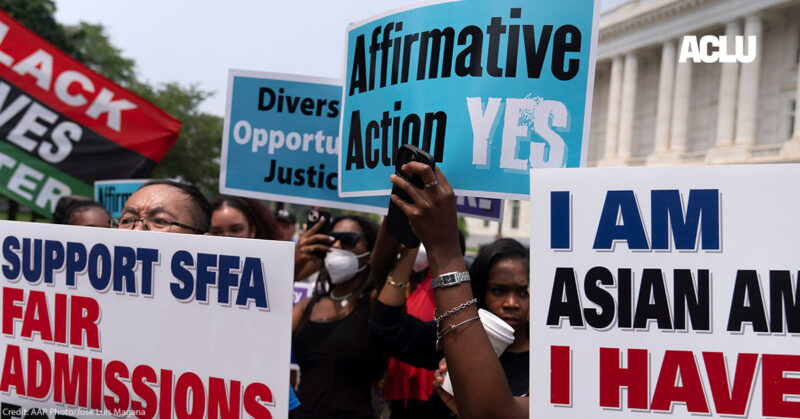I was at a party a few years back and struck up a conversation with the general counsel of a medium-sized privately held company. The discussion eventually turned to my practice: “litigator” I replied. This often inspires a step back – I mean that literally. This GC had one of the best responses I’d ever heard, and I’ve heard my fair share. “I know I need a litigator the way I’ll know I need an oncologist – something really bad has happened.” I smiled at that. There are few things I like more than a quick wit, and this GC had it. But she got me thinking (occupational hazard).
Is the analogy really accurate?
For sure, in some respects. No one wants an oncologist but certainly, they want the very best one if the need unfortunately arises. But that’s where the analogy ends. Oncologists treat cancer, they don’t prevent it. And they don’t provide strategies on how to avoid it or minimize its impact. We do, and it is an underutilized value.
War Stories
Case A
Case A involved a company with a C-level employee who diverted corporate opportunities to a competitive company in which he had an interest. It was years before his fellow shareholders discovered this and sued him. We prosecuted the case and received hundreds of thousands of pages of documents in response to our discovery requests. Document review launched (a topic for another day), and it soon became apparent that for at least a year prior to the suit the treacherous employee had an attorney ghost-writing some of his key emails.
They were little seeds; almost like breadcrumbs leading toward defenses that would have been very hard to press without these small, almost innocuous, emails that tended to establish “facts” my client vociferously disputed. But there it was – contemporaneous email that favored the rogue’s narrative. We were able to manage the problem, but not without spending a (more) significant amount of time piecing together refutational documents that would have otherwise been irrelevant to the overall analysis.
Think you might need a litigator? Contact us here
Case B
Case B involves a private equity firm endeavoring to force minority shareholders to sell their interests at a substantial discount based on an appraisal the private equity company bagged (it wasn’t quite that simple but work with me).
The appraisal followed the disastrous tenure of a CEO the private equity firm installed and refused to remove, and that same investor’s irrational refusal to approve the additional third-party investment. Given these facts, it wasn’t a stretch to argue that the diminishing value of the company was tied to a series of reckless or intentionally poor decisions. But why?
The company’s potential was enormous – game-changing technology that has since changed the game. Given its very novel business model, the company had predictable challenges – the kind that can only be overcome with lots of money. The combination of a lack of funds and Colonel Custer at the helm spooked minority shareholders who cashed out cheap out rather than face the risk of a financial disaster. They couldn’t afford that, but they knew the private equity firm could. It was, in other words, a high-stakes game of chicken, or at least that was my thesis.
A minority shareholder approached me despondent. Together with the client, we did a deep dive into the private equity firm’s decisions, the diminution in value, and the pressure to sell. The company was a Massachusetts corporation, and as such the majority owed the minority shareholders fiduciary duties. It was not difficult to develop a narrative based on the chronology and parade of horribles that pointed compellingly to a breach of those duties. For reasons I can’t get into, it made no sense for my client to surface with a trial attorney at that point in time. The right kung fu was easier, cheaper, and less contentious.
With my guidance, the client began to send reasoned objections to the circumstances that led the company to the brink of ruin, as well as objections to rational actions the private equity firm refused to take. Sure, he didn’t need my help to articulate the facts. What he needed was a basic understanding of the law and the art of litigation to write the right email. His emails were, as I had hoped, ignored. That ultimately facilitated a narrative that had what we English majors called verisimilitude. We didn’t invent the narrative any more than Michelangelo invented his masterpiece, David. Michelangelo claimed he “liberated” David – that it existed in the marble, and only he was able to conceptualize it. We, likewise but with somewhat less artistic flair, developed the rudiments of a narrative that was not only a logical construction of the circumstances that brought my despondent client to my office, but also now a part of the fossil record of the company. That last part really matters, and my opponents knew that. The matter settled favorably.
There are going to be times when you must scale a glass wall, and there are going to be times when you have a post-it with “kick me” stuck to your ass. The time to consider a litigator is not after you’ve fallen from some height on your perilous ascent, and not after you’ve taken a boot to the rear. These days, the rudiments of a successful lawsuit often start long before the first shot is fired. You can thank email for that.
So, when do you need a litigator?
As soon as you feel that pit in your stomach that tells you you’re at risk. I wish I could be more articulate than that, but I am a big believer in trusting your instincts. After all, you’re successful because you did. That’s the point in time when a litigator can do the most good for the smallest expenditure. Don’t think of us as oncologists, in other words, but as tacticians just jaded enough to see what’s stuck in that giant block of marble responsible for your vague anxiety.
Check out some of our latest publications.
- Client Update – Executive Order Upends Affirmative Action For Federal Contractors and Opens Door to False Claim Act Liability

- How to Find Venture Capital for Early-Stage Scaling Companies

- How to Find Angel Investors for Early-Stage Scaling Companies

- Corporate Transparency Act: Nationwide Injunction In Effect Again; All Filing Deadlines Suspended

- Are Statutory Changes Coming to the Common Law Experimental Use Exception to Patent Infringement?

- Foundational Financing Puzzle Pieces

